The Adjectival Category. Criteria for differentiation and identification.
This monograph sets out (i) to establish criteria for differentiating adjectives from other word-classes for languages in which they form a distinct category, and (ii) to establish criteria for determining their (non-)identity with words from other categories for languages in which they do not. As languages show various gradations in the extent to which adjectives can be distinguished from other word-classes, the author discusses idealized language types, thereby providing a model for the analysis of natural languages. The book argues that adjectives do not uniformly show all differentiating characteristics and that these characteristics are semantically relevant and functionally motivated: for instance, when word-classes are used in functions not their own, they manifest characteristics of the categories to which the relevant functions belong. The second part of the book discusses three distinct idealized languages types without a distinct adjectival category in which “property words” remain undifferentiated from (i) nouns, (ii) verbs, and (iii) nouns as well as verbs. These three types are shwon to represent gradations of distinctions between word-classes as they occur in natural languages and to manifest various degrees of the corresponding functional neutralizations. In the final chapter the wider theoretical implications of this work for the study of categories are discussed.
{{comment.content}}

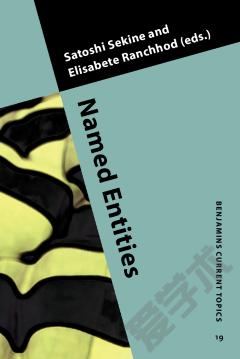
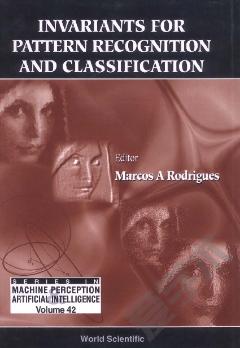
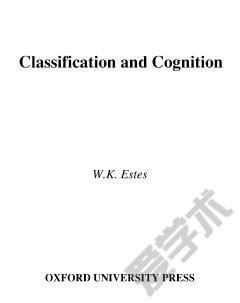
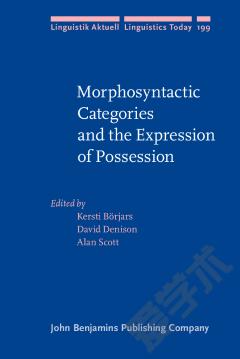
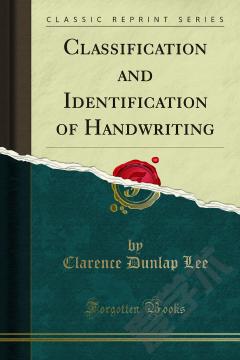


 京公网安备 11010802027623号
京公网安备 11010802027623号